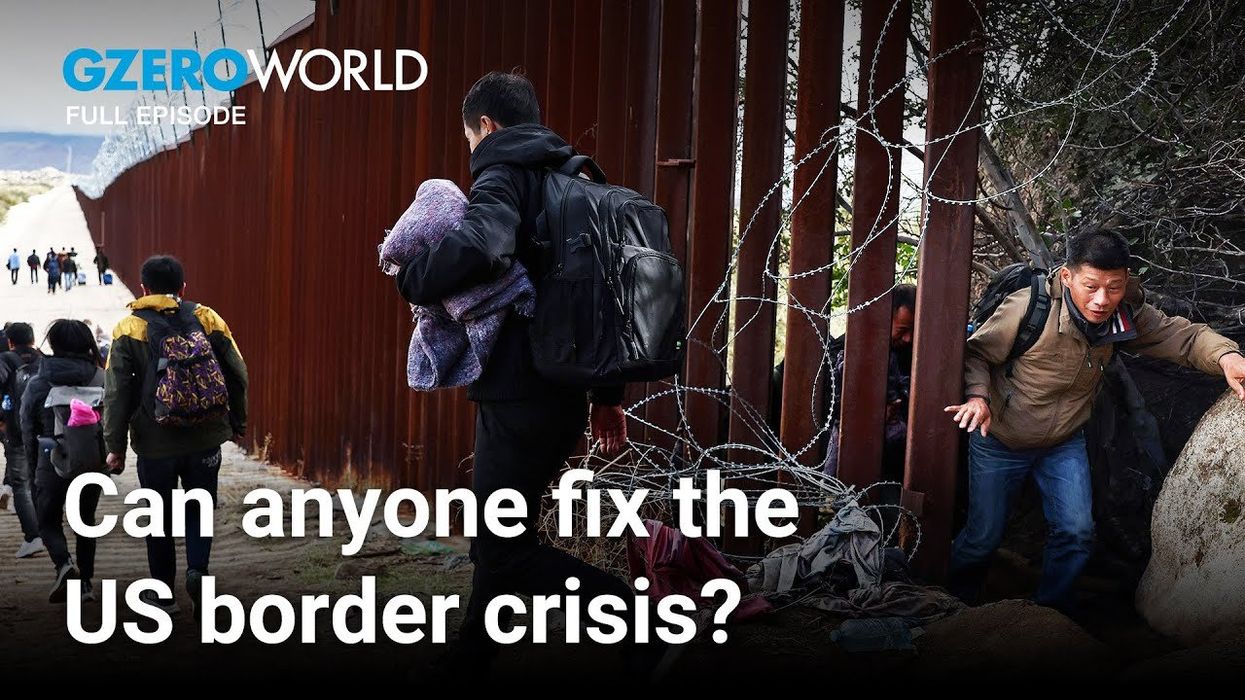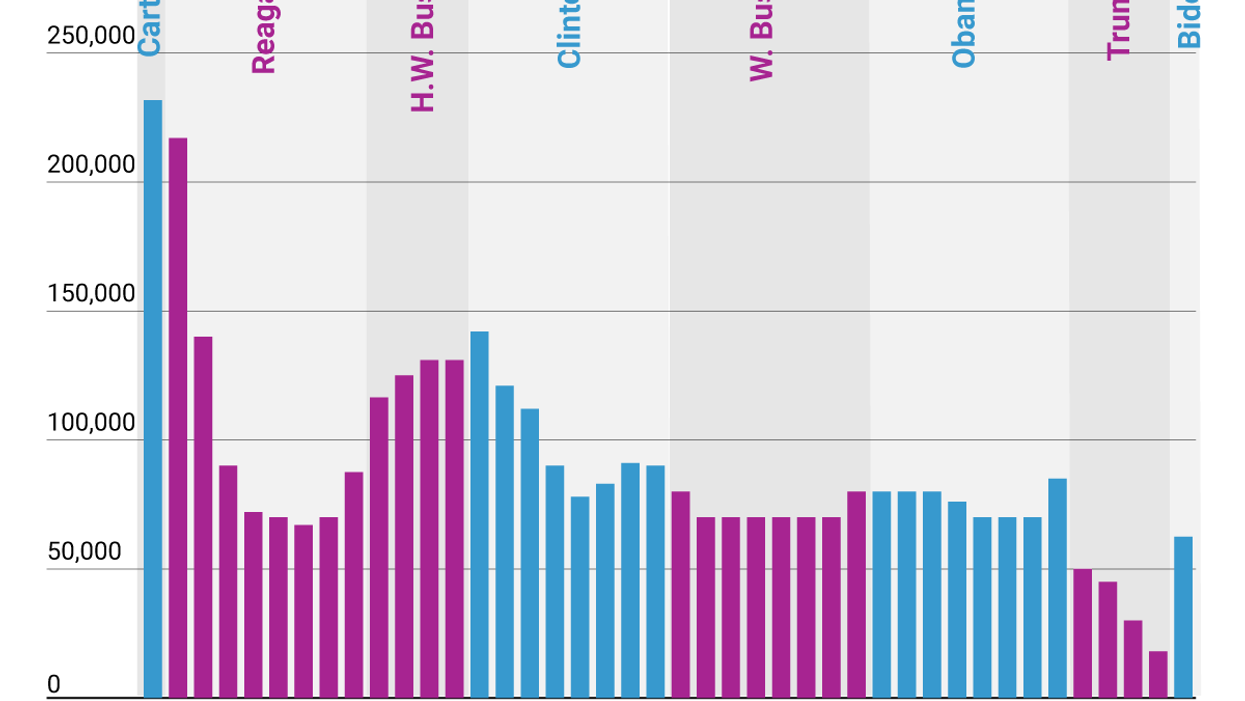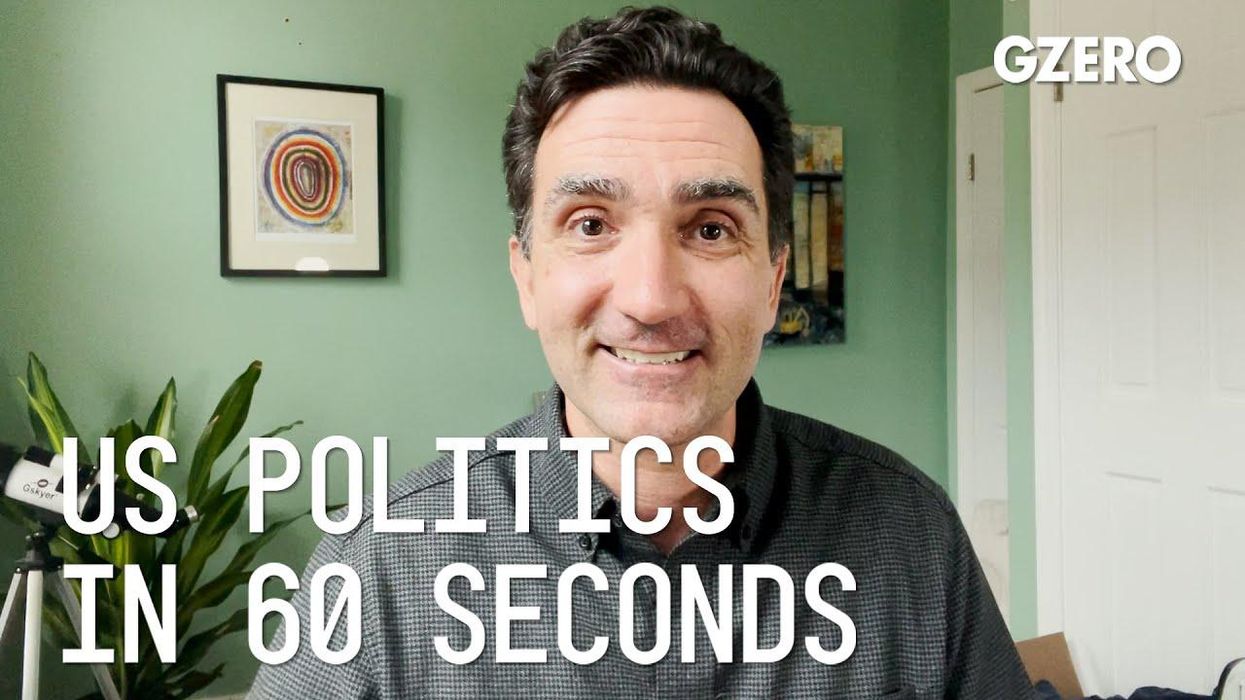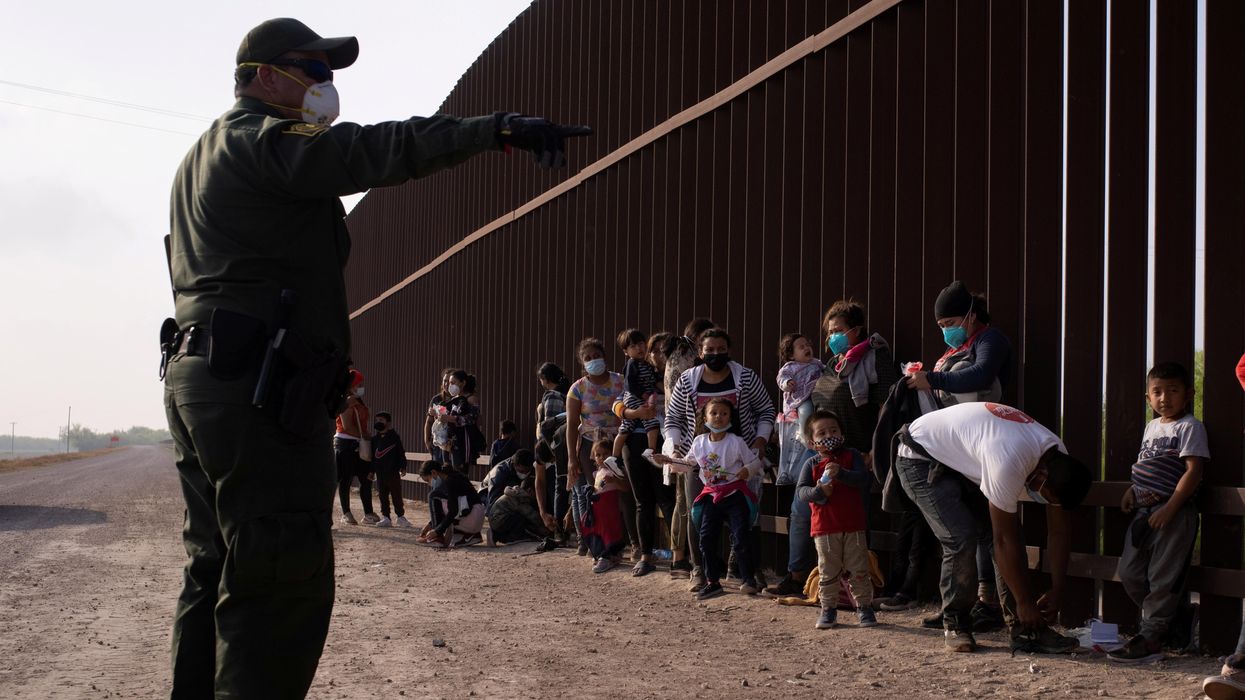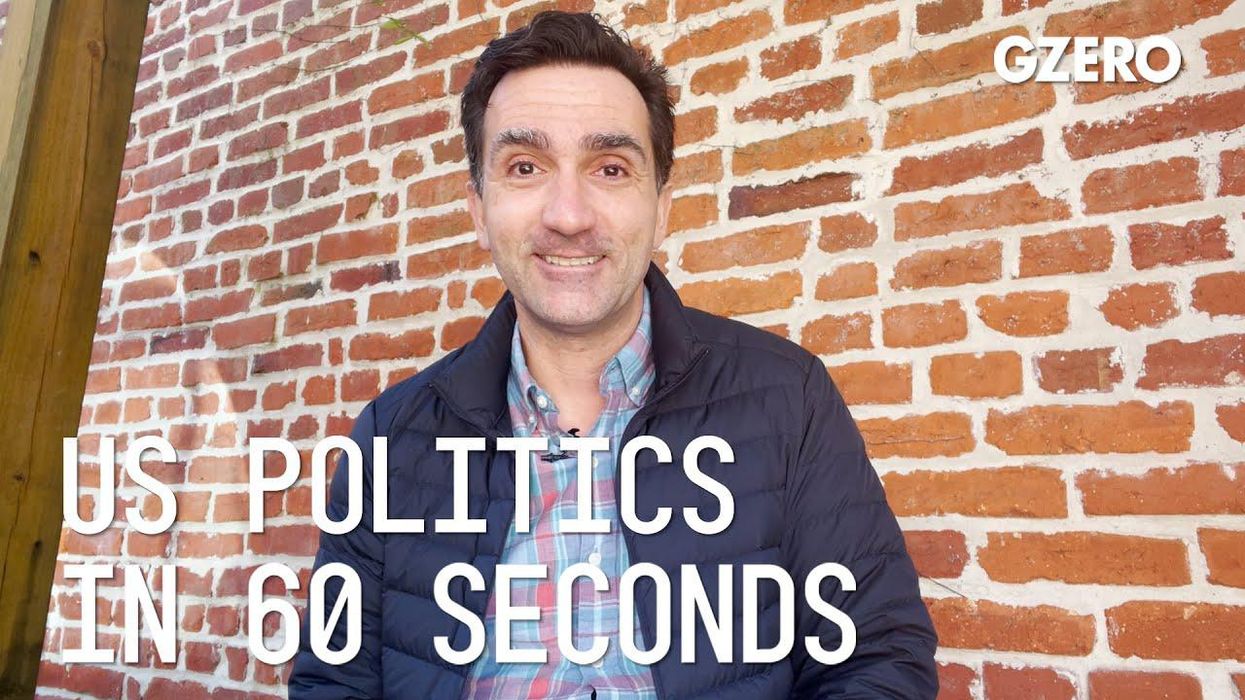GZERO World with Ian Bremmer
The US border crisis at a tipping point
How do you solve a problem like the US southern border? After a week of dysfunction on Capitol Hill, Congress failed to advance, or even entertain, a bipartisan US border deal, which also included much-needed funding to Ukraine. On GZERO World, Ian Bremmer speaks with lawmakers on opposing sides of the aisle on Capitol Hill: California Democratic Congresswoman Zoe Lofgren and Republican Congresswoman and Ukrainian immigrant Victoria Spartz.
Feb 12, 2024
